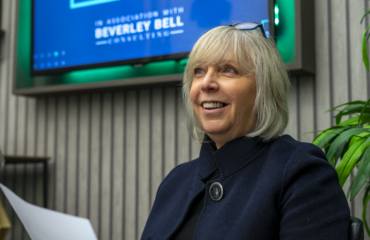How does your place of work stand up for diversity and inclusion?
Creating an inclusive working environment is important to ensure all employees – despite their sexual orientation, gender identity, ethnicity, disability, social class, religion, or age – feel accepted as an individual and able to maximise their potential.
Did you know:
- Only 19.7% of board seats in the UK are held by women (Deloitte)
- Employees from ethnic minority backgrounds earn over a quarter (26.4%) less than their White peers (Gov.uk)
- Almost a quarter of LGBTQ+ employees reported negative reactions or bullying from workplace peers because of their identity (Gov.uk)
- Working class employees with the same educational attainment and experience earn 16% less on average than middle class employees in the same role (UK Data Service)
- People with disabilities are over a third less likely to be employed than non-disabled people (ONS)
This blog will outline key topics that should be at the forefront of employers’ minds – and will provide your business or workplace with ideas and strategies to ensure a diverse and inclusive environment and business plan.
Topics include:
- Awareness of unconscious bias
- Communication & open dialogue
- Developing a training plan
Awareness of Unconscious Bias
Being an inclusive workplace starts with being aware of unconscious bias in the workplace and eliminating it.
It’s important to educate employees on the types of unconscious bias and the consequences that can come from this.
5 types of unconscious bias in the workplace: (Source: The HR Source)
- Affinity Bias
Favouring people who are similar to us, who we connect to - Halo Effect
Focusing on one great attribute of someone, rather than the whole picture - Horns Effect
The opposite; being influenced by a negative trait in your perception of someone - Attribution Bias
Assessing other’s achievements as a result of luck, and failing as a result of their personality - Confirmation Bias
The tendency to search for and focus on preconceived opinions (and judgement)
Awareness of bias is key to ensure that a) hiring is unbiased, and b) the general office culture and environment is inclusive and open to diversity.
Educating employees on racism, diversity, inclusion, and unconscious bias can prevent and target bias in the workplace.
Communication & Open Dialogue
Encourage a culture of ‘checking in’, with frequent communication and dialogue with all employees to ensure their needs are met and their experience is positive.
Create an environment where teams feel comfortable expressing opinions and experiences, and opening the dialogue around diversity in the office.
The workplace should be a safe space, and embody a culture where every single voice is not only heard – but welcomed and respected.
Developing a Training Plan
Could you offer a training plan for your teams? As well as creating a diverse and inclusive space, a training plan could work well to solidify those ideas and provide a better understanding for employees and employers alike. Knowing your teams, managers, and possibly the whole company, have gone through training can ensure you are building a culture and business focused on inclusion.
The simple steps to create a diversity training plan:
- Conduct an internal census
- Review and identify areas of concern
- Create or Source training content
- Measure and share the results
Part of creating an inclusive workplace, and improving employee engagement and retention could also include developing a Mental Health training plan.
1 in 4 of us will experience a Mental Health problem each year. But do your employees know how to reach out for support?
A recent study, by Stonewall, found that:
- 1/2 of LGBTIQ+ people had experienced depression
- 3/5 had experienced anxiety
- 1/8 aged 18-24 had attempted to end their life
- Almost 1/2 of trans people had thought about taking their life
Some of your team, especially management, should be Mental Health First Aid trained in order to provide that support when needed! Or prevent situations from escalating.
What does MHFA training cover?
- Risk factors & warning signs
- Strategies for helping someone in crisis and non-crisis situations
- Where to find help
Topics:
- Depression & mood disorders
- Anxiety disorders
- Trauma
- Psychosis
- Substance use disorders
Book MHFA trainer Christine Clark for your business! With over 20 years’ experience providing mental health training across the business sector, from psychological resilience and wellbeing to crisis intervention. Take a full day course…
For more information, get in touch with us on 0151 209 2050 or email info@aspion.co.uk
Overall…
Diversity isn’t just a novelty – it needs to be implemented and retained consistently…
Need assistance with your diversity and inclusion strategy? Our consultants can help…
Call us: 0151 209 2050
Email us: info@aspion.co.uk
Interesting findings…
- 73% of employers say diversity encourages creative and innovative thinking
- 67% believe that diversity is important so that their workforce can reflect the community they operate in
- 54% say diversity is crucial to ensure that they are doing business ethically
- 51% believe diversity helps introduce staff with unique skills into the workforce





